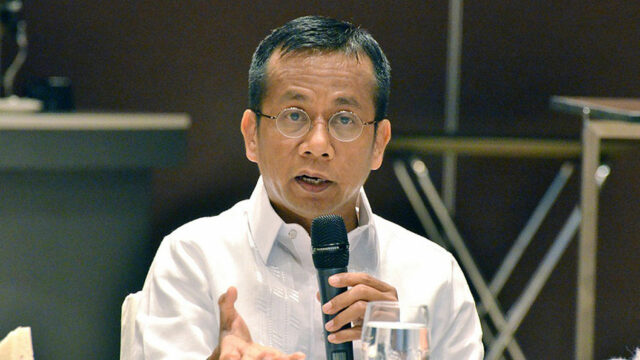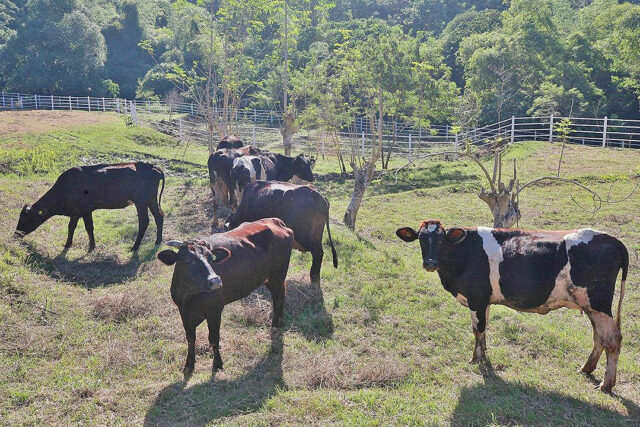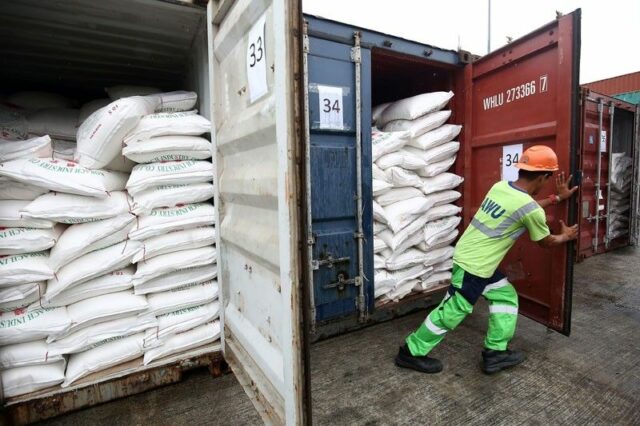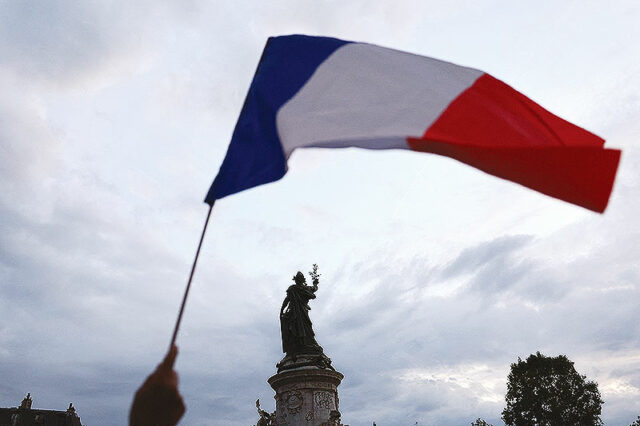The Paris 2024 Olympics have been a source of pride for Filipinos, after Carlos Yulo won gold in the men’s floor exercise and vault. This success has led to a significant outpouring of gifts and incentives from both the public and private sectors.
During the Tokyo 2020 Olympics, Hidilyn Diaz’s achievements also resulted in roughly P40 million worth of cash rewards and gifts from the private sector, in addition to the winnings provided by the government. Considering the size of the accumulated pledges, questions arose as to whether Diaz was liable for any taxes.
As clarified by the Bureau of Internal Revenue (BIR), Diaz’s government winnings and gifts from private individuals and corporations are excluded from income taxes under Section 32(B)(7)(d) of the Tax Code. She is also not liable for any donor’s tax, as the obligation to pay it falls upon the donors.
The BIR explained that gifts to the winning athlete in excess of P250,000 are subject to a 6% donor’s tax, which must be paid by the private entities making the donations. In Yulo’s case, since the donations presuppose that the donor’s tax has been paid, he can expect to receive the full amount.
CURRENT RULES
Under Section 101 of the NIRC as amended, only the following gifts or donations are exempt:
1. Gifts made to or for the use of the National Government or any entity created by any of its agencies which is not conducted for profit or to any political subdivision of the said Government; and
2. Gifts in favor of an educational and/or charitable, religious, cultural, or social welfare corporation, institution, accredited nongovernment organization, trust or philanthropic organization or research institution or organization subject to certain conditions.
Moreover, the Tax Code provides stringent conditions before the gifts are considered deductible from the donor’s gross income.
Section 34 (H) of the NIRC, as amended, provides that generally, gifts are deductible from the donor’s gross income at an amount not exceeding 10% of the donor’s taxable net income if the donor is an individual, or not exceeding 5% if a corporation, before deducting the gifts made and only when the gifts are made to or for the use of the Government for public purposes or to accredited domestic corporations or associations organized and operated exclusively for religious, charitable, scientific, youth and sports development, cultural or educational purposes, or for the rehabilitation of veterans, to social welfare institutions, or to non-government organizations.
Gifts or charitable contributions may be deductible in full only in the following instances:
1. Donations to the Government or any of its agencies and political subdivisions, including fully-owned government corporations, exclusively to finance, to provide for, or to be used in undertaking priority activities in education, health, youth and sports development, human settlements, science and culture, and in economic development according to a National Priority Plan determined by the National Economic and Development Authority (NEDA).
If the contribution is made to the Government but not in accordance with the said annual priority plan, the deduction will only be partial, i.e., not over 10% or 5% of taxable income, before deducting the gift;
2. Donations to foreign institutions in pursuit of or in compliance with agreements, treaties, or commitments entered into by the Government and the foreign institution; and
3. Donations to accredited NGOs subject to certain conditions.
Based on the preceding discussion, it is clear that several conditions must be met before one can qualify for tax benefits.
The current taxation rules on donations to athletes sparked public discussion, with many saying that such acts of generosity should be rewarded more by the State rather than taxed. They contend that removing the tax could incentivize more private individuals to financially support our athletes. Increased donations could enhance our athletes’ training and preparation by allowing them to hire A-list trainers and access to state-of-the-art facilities and equipment. While we have talented athletes, their potential can only be fully realized with the right training and resources. In essence, great athletes need more than just talent — they require proper support and infrastructure to realize their potential and leverage it towards greater success.
LOOKING AHEAD
Diaz’s win served as a catalyst for Rep. Jose Ma. Clemente S. Salceda to introduce House Bill (HB) No. 421, also known as the “Hidilyn Diaz Act,” to encourage donors to support our athletes by making their gifts tax-exempt. Unfortunately, HB 421 did not make it to the Senate. Now, with Yulo’s victory, this bill has been revived and was approved by the Ways and Means Committee on Aug. 5.
HB 10723 is a substitute bill for HBs 421, 4154, 4976, 5067, 8226, and 9952. It seeks to amend Republic Act 10699, also known as the National Athletes and Coaches Benefits and Incentives Act. The proposed legislation aims to exempt all incentives, rewards, bonuses, and other forms of emoluments, including donations from public or private entities, from any and all national or local taxes, fees, and charges for athletes competing or winning in international sports competitions, as well as their coaches.
HB 10723 further incentivizes donations made before the competition by allowing such as deductions from gross income for purposes of computing the taxable income of the donor, with the requirement that these be made prior to the competition itself and directly and exclusively used to fund training and competition-related expenses.
Both the exemption from donor’s tax and deductibility from gross income must be availed of within one year before the commencement of the international sports competition in which the athlete will compete, as certified by the Philippine Sports Commission (PSC), Philippine Olympic Committee (POC), or the Philippine Paralympic Committee (PPC), and within three months after the international sports competition. However, donations coursed through PSC, POC, or PPC are exempt without regard to the periods mentioned. Furthermore, the bill provides for the retroactivity of the tax exemptions to cover donations made as early as Jan. 1, 2024.
Based on the above, several questions come to mind. Does the full deductibility of donations extend to those made both before and after the competition? If yes, would this not conflict with the existing Tax Code provisions, specifically the ceiling on deductible donations under Section 34 (H)?
If the bill does not distinguish which donations may be claimed as fully deductible, what prevents the potential donors from contributing substantial sums after victory is assured? This could undermine one of the key objectives of the bill, which is to encourage donations to fund training and competition-related expenses. Simply put, this bill aims to incentivize donations made prior to the competition, when they are most needed.
As Mr. Salceda put it, “It is mere tokenism, it is mere public relations, to ride the bandwagon when the victory has been achieved. What we need to incentivize is the investments being made in the athletes who are still working on winning medals for the country.” If the goal of this bill is indeed to promote donations during the training period, would it not be more appropriate to offer greater benefits for donations made before the competition?
Furthermore, if full deductibility applies only to donations made before the competition, how will donations made after the competition be treated? Will the ceilings under Section 34(H) of the NIRC apply in such cases?
These are crucial questions that may need to be addressed by the BIR through the issuance of revenue regulations, to clarify how this proposed legislation will be implemented in line with its intended objectives.
The reality is that donations to winning athletes are far from mere acts of charity; they can also present opportunities for business growth. Chris Anderson, a businessman and curator of TED, noted in one of his talks that for entrepreneurs, integrating generosity into their business model can attract a loyal customer base, enhance brand reputation, and open new markets — all of which ultimately serve the goal of earning a profit.
This bill encourages donations made during the training period. While donations given during a victory can easily gain traction and translate into free advertising and increased sales, this bill promotes contributions during the training phase by offering full deductions from gross income for income tax purposes and exemption from donor’s tax.
Fostering the growth and success of our athletes at the grassroots level is vital for national pride and global achievement. While the Government’s support is crucial, financial limitations highlight the need for increased contributions from the private sector. By providing tax incentives to donors, the State can effectively encourage more generous support, creating a more robust support system for our athletes.
Ultimately, victory is shaped by years of dedicated preparation rather than fleeting moments of brilliance. This strategic approach will not only amplify the impact of private donations but also ensure that our athletes are provided with the essential resources and training needed to excel on the world stage, transforming potential into outstanding achievement.
Let’s Talk Tax is a weekly newspaper column of P&A Grant Thornton that aims to keep the public informed of various developments in taxation. This article is not intended to be a substitute for competent professional advice.
Jullie Ann J. Piañar is an associate of the Tax Advisory & Compliance Practice Area of P&A Grant Thornton at Davao Office, the Philippine member firm of Grant Thornton International Ltd.
pagrantthornton@ph.gt.com














